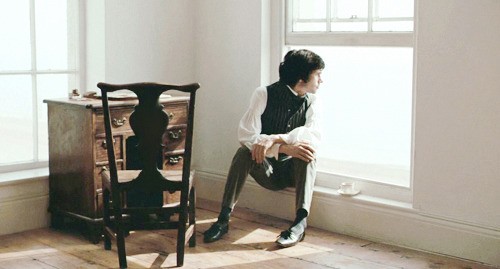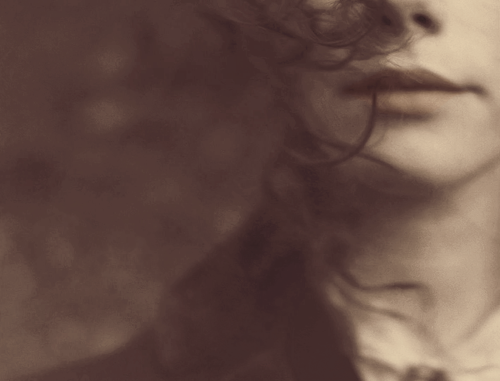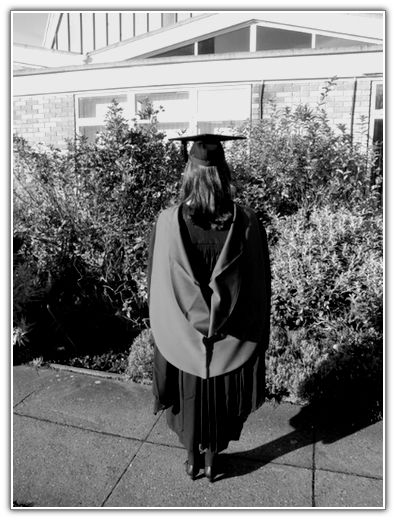'Billet n°4'
 |
I am currently
|

 |
I am currently
|



30th November 2012, Canterbury

My true-love hath my heart, and I have his,
By just exchange one for the other given:
I hold his dear, and mine he cannot miss;
There never was a bargain better driven.
His heart in me keeps me and him in one,
My heart in him his thoughts and senses guides;
He loves my heart for once it was his own;
I cherish his because in me it bides.
His heart his wound receivèd from my sight;
My heart was wounded with his wounded heart;
For as from me on him his hurt did light,
So still methought in me his hurt did smart:
Both equal hurt, in this change sought our bliss,
My true love hath my heart and I have his.
'My True-Love Hath My Heart', from Sir Philip Sidney's Arcadia (1590)

It’s been a while since I saw this film, and I do apologise for the poor ‘review’ I shall make of it (can we even call that a review? Please Reader, don’t take these writings too seriously, they are the result of a daydreamer’s reflections).
To give you the context, it was the week I started my course and I thought going to the cinema was a nice way to take off the pressure that I had. And the film of that week was A Royal Affair, or should I say En kongelig affære? It was in Danish and subtitled in English, a nice experience for the French student I was. I was not particularly familiar with Danish History or Royalty (and still am now, even though I learnt a bit more about it with the film and some helpful research on Wikipedia for more details), and thus went to the cinema without any precise expectations, apart from the usual interest in the costumes. And since the film focused on the second part of the 18th century, it was another good reason to see it. I was far from imagining that the film would have such an impact on me.
Truly, I was taken aback. The beauty of the settings, the camera angles and movements, the landscapes, the costumes, but above all, the performance of the actors. I’m talking especially about the three main actors, Mads Mikkelsen, Alicia Vikander and Mikkel Boe Følsgaard, playing respectively Johann Friedrich Struensee, Caroline Mathilde and Christian VII (King of Denmark). They were excellent, perfect. Følsgaard was so convincing in his role of the mad (?), excentric—and sometimes cruel—Christian, who declared war to sh**, and paid more attention to his doctor (Struensee) than to his wife (Caroline Mathilde). I found Alicia Vikander very moving as the melancholic, bitter and disillusioned Queen of Denmark. She had some voice-over interventions at some points in the film, in a sort of series of ellipses (yes, that’s a long story) which added to the feeling of uprooting and homesickness of Caroline Mathilde. I really identified with her character—for an unknown reason—and the end was just all the more painful. But as for Mikkelsen, or should I say, Doctor Struensee, I was utterly fascinated. I sometimes have a such fascination for somes faces that I can hardly take my eyes off my contemplation, and his was one of these 'fascinating figures’. His expressions, his voice and movements were so perfectly combined to play the role of Struensee that if I ever see a period film/series featuring the same character, I think I would not bear to see another actor playing the role. There was a scene in particular, that struck me with its tragic dimension as well as with its beauty, and which shows a real alchemy between the actors. It’s the ball scene, when Struensee dances with Caroline Mathilde, gently flirting with her and then realising he is actually falling in love. Apart from the aesthetism of the dance that I truly appreciated (I wonder if the two actors had a background in dance?), I was deeply fascinated by the expressions on the characters’s faces. It’s first an innocent dance, with smiles of complicity, but then it moves to something more intimate, when Struensee and Caroline Mathilde realise they are falling in love. I particularly liked the change in their expressions, from the smiles to some graver faces. It is so... magic.
As for the character of Christian VII, I did not really know what to think of him. On the one hand, he is detestable with his wife, but on the other he looks so vulnerable in front of all the plotters and members of the council (the film carries all along the quote in Hamlet: 'something is rotten in the state of Denmark’). But Følsgaard was really good at performing this dual figure, either boyish, or bursting with rage. Christian has an interesting evolution through the film, gaining more and more authority (as Struensee suggests him to puts on an act in front of the courtiers, just as if he were doing a theatrical performance), and then losing it to the favour of the obscurantist plotters of the court. The end is bitter and moving at the same time, with the execution of Struensee and Brandt—with Brandt believing that Christian would forgive them while on their way to their execution, and Struensee acknowledging in silence that a plot has been laid to prevent Christian from knowing the exact day of the execution. The next scene shows Caroline Mathilde learning the news and collapsing on the floor in a true-to-life cry which reminded me of Abbie Cornish as Fanny Brawne in Bright Star. But yet, the film does not end with the tragic deaths of Struensee, Brandt and Caroline Mathilde, but rather with a brighter hope, suggesting that Caroline’s children (both her legitimate son and the illegitimate daughter she had of Struensee) were the true enlightened future of Denmark that would overthrow the devout party in authority (which they did, or at least her son Frederick, with the help of his father, as mentioned in the end)...
After I left the cinema, I felt deeply melancholic while on my way home. It was an intense feeling of sadness, but at the same time, of admiration. I was still stunned by what I had watched. The performance, the costumes, the music... The entire atmosphere weighted on my heart and I hardly found my words in English to express my feelings and points of view about the film to one of my flatmates who happened to be in the kitchen when I came in.
And still, I’m not satisfied with this article, for I feel it does not do justice to this incredible film.

Source image: Sara’s wonderful tumblr.
After fighting with my curtains, going and coming to different conferences and meetings for postgraduates (on ‘how you’ll have no social life at all during your studies’, gloups!), meeting other students (including my flatmates), it is all settled: I’m definitely back to England. And yet. As I had previously spent a year in Kent for my undergraduate degree, I thought the transition would go smoother this time. I did not arrive self-confident (have I EVER been self-confident?), but was not deprived of a certain feeling of returning to a familiar place. After all, going to England to study for a Master’s degree could not be that different from a BA.
Well, I was wrong.
I found myself embarked in a completely new environment, with different teaching methods, different materials to work on, various readings… The first seminar looked more like a round-table conversation, as if we were having tea while discussing the notions of periodisation. And there I was, listening in silence to what the other students had to say about the terminology of ‘Victorian literature’, ‘Early Modern’ or ‘Modern’ literatures. It was so different from the previous seminars I had had in the course of my BA (especially on the French side, since we tend to have more lectures than seminars in France) that I did not really know how to react. Or was it because I was not particularly interested in the debate?
As for the next module, we talked about the different material (manuscripts, typed-manuscripts, diaries, drafts, &etc...) leading eventually to the creation of a book. It was more focused on the book as an object, rather than on the literary analysis. And since I tend to concentrate on words, you can well imagine the difficulties I had to accept the topic. For the moment, I consider this module as curious. I have never been interested in the creation of the book as an object, for I prefer studying the reception of a work, or the reaction of an audience seeing a play, but I’m doing my best to widen my fields of interests.
And which better way for that than sharing ideas and discussing with students enrolled on different English MA’s? The Department encourages the creation of a postgraduate community so that students can talk about their dissertation topic, exchange their points of view, &etc... I thus found myself speaking with students doing a Nineteenth Century Literature degree, which is quite interesting. It makes me see my own period (Early Modern) with a different eye.
Looking to seeing how this evolves next week...